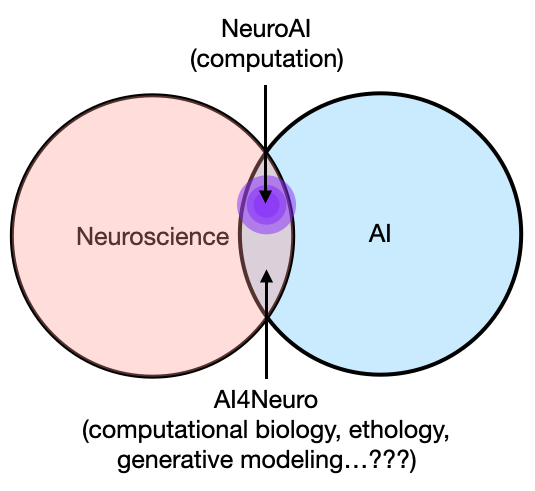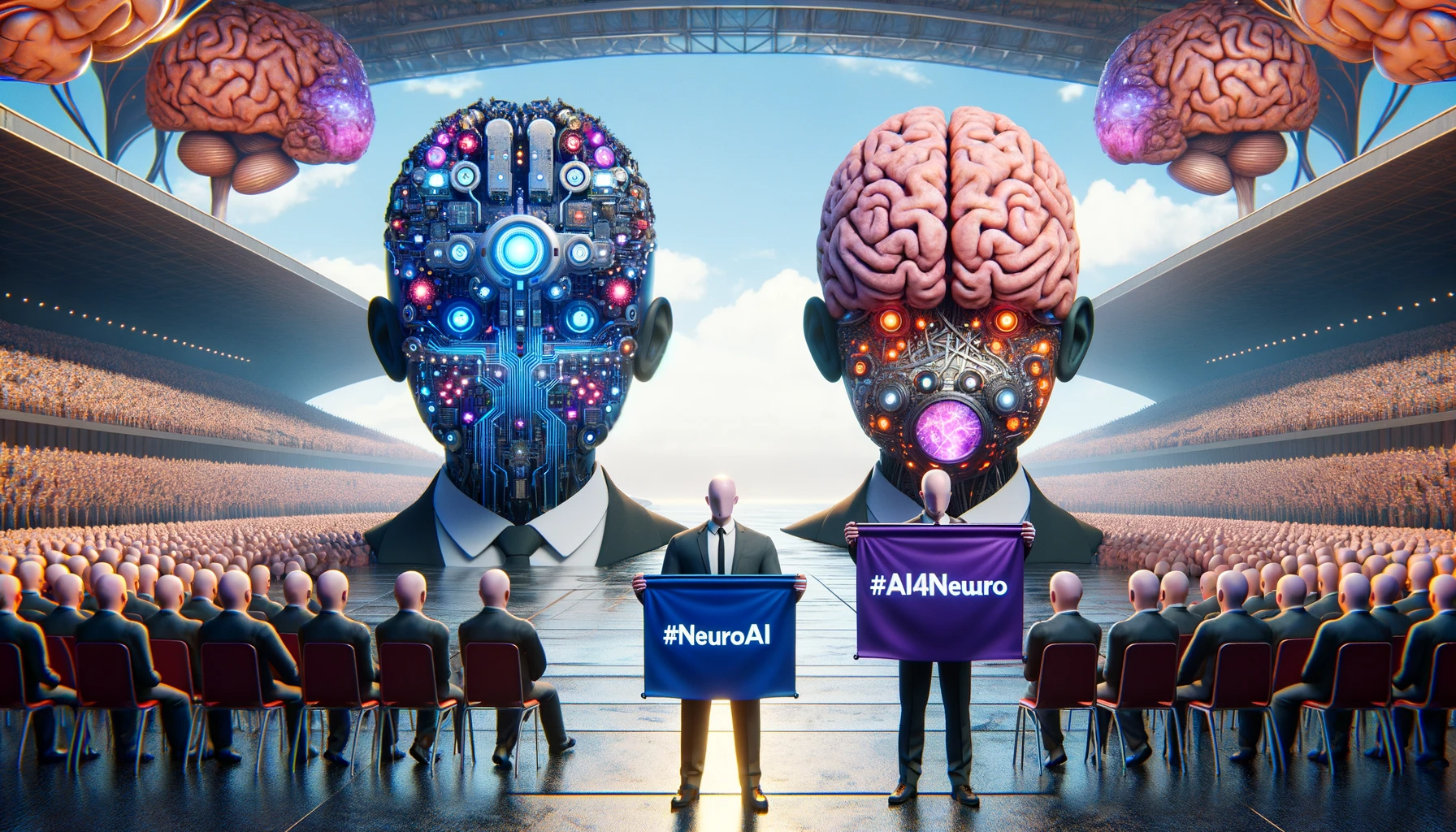(Cover image source: Arrival)
When I was younger - I’m talking about middle-school age - I read all sorts of books for fun. Captain Underpants, Artemis Fowl, and Harry Potter immediately come to mind. As I grew older, though, I stopped reading fictions altogether, and the little leisure reading I did do, I read almost exclusively non-fiction or facts-of-the-world types of books. Not only did I stop reading fiction, I took pride in not wasting time on stories. After all, if I wanted to entertain myself with a good story, I can watch a movie in a tenth of the time, and I can use the other nine tenths to learn some more math and science (NERD!). This was partly because I was actually very busy studying math and sciences, and partly because I hated high school English so much that I thought it would turn me off reading forever, not understanding that people can actually enjoy reading Shakespeare and other literary works without explicitly analyzing the iambic pentameters and centuries-old metaphors. In any case, after a 10-year drought, I started reading leisurely again since last fall, because I now have an hour-long bus commute as a part of my day. At first, I read just as a way to relax and get away from my usual riveting readings about neuroscience. But slowly, I have to say, I realized that reading works of literature and seeing how words can be combined in different ways to describe feelings has literally changed the way I experience the world, and the way I experience myself.
If you’ve seen the film Arrival, or read the book, you will know that the premise of the story is that a linguistic professor was able to experience time in nonlinear ways due to the nonlinear alien language she learned. If you haven’t, don’t worry - that’s not quite enough to spoil the movie and it’s still worth a watch. While the notion that anything can warp our perception of time might take some stretch of imagination, the idea that language shapes the way we think does not. In fact, the movie itself cites the Sapir-Whorf hypothesis, or the theory of linguistic relativity. I must say, when I heard Amy Adams make explicit reference to it, I felt a tiny geeky giddiness, because I actually learned about this in graduate school. It’s the same giddiness I got when I saw Johnny Depp trying to upload his mind into a computer in Transcendence, even though that movie made no f-ing sense. Anyway, my understanding of linguistic relativity pales in comparison to some of my friends and peers that are actually conducting research on this very topic, but the gist of it is that language is necessary for complex thoughts, the thoughts we have depend greatly on the language we speak, and different cultures “think differently”, in a way, because of the different languages they speak. When I first learned about this theory three years ago, it was pretty easy to digest, and made no great impression on me. After all, it was not at all surprising to think that a native Chinese speaker would think in Chinese, and because of the difference in vocabulary, some concepts and cultural customs are simply not transferable to an English speaker. But I think I took it too literally, and re-learning the theory once again through a movie, during a time that I am, in a way, learning a new language through literary works, made me appreciate it so much more.
In essence, language is not only a tool that we use to outwardly describe concepts and thoughts to others, it is also the primary tool that we use to communicate to ourselves - through thoughts. Furthermore, language literally gives us access to some concepts that would otherwise not exist. In other words, annotating something for the first time with language defines and “creates” it, especially if this “something” cannot be captured with any other sensory modalities. For example, if we did not have a word for apples, it’s something that can still be materialized in our thoughts by ways of imagining its sight, smell, taste, and the sound the fruit makes when we bite into it. In that way, even though it will be a lot more difficult when you try to tell someone you want to buy an apple, the concept itself can (probably?) still exist, its meaning anchored through our senses. On the other hand, for something as abstract and fleeting as an emotion or feeling, it’s quite difficult to capture without words. Try to think about “sadness” without using the word, you will probably need to resort to a bodily feeling, like a tightness in your chest, or some previous memory that put you in that state of mind, like when you dropped a perfectly good ice cream cone. Some people are incredibly apt at relating their previous emotional experiences to new ones, such that old memories of the same feeling can serve as an anchor, and perhaps this is the skill (or talent) of empathy. Unfortunately, I am not such a person, and my emotional memory is very limited, both in detail and in how far back I can remember, so I can’t really rely on that to process even my own feelings time and time again, much less intuitively understand someone else’s. In fact, I thought emotions were so uncomplicated that I actively maintained that there are, scientifically speaking, only 6 elementary and universal emotions that can be described with single English words (happy, sad, angry, etc.).
For that reason, reading about detailed and intricate descriptions of how fictional characters feel, contextualized in the larger story where I understand their origins and goals and dreams and fears, has really opened my eyes to how I feel, and in turn, how others might feel. Many a times, I have read a passage with the joyous feeling that, not only does someone else - someone wielding this pen - understand precisely how I’ve felt before, but that they gave me the words so that I can for the first time understand how I feel myself. It’s crazy. I recently finished reading All the Light We Cannot See, and I wrote a few weeks ago about a particular passage that feels so mundane, yet it’s so accurate in its description of the frustration and helplessness one feels while trying to read under distraction - even though it never used those words. Another example: I am nearing the end of the Glass Bead Game by Hermann Hesse, and the subtle descriptions of Joseph Knecht’s tranquility and sorrow simply cannot be substituted by the words “content” and “sad”. Without delving too much into the book, I feel like I’ve learned for the first time that it is possible to think and feel at the same time, and in turn how I can process other people’s simultaneous thoughts and feelings on the fly. To me, it feels like wiping the condensation off of my mirror for the first time and seeing a part of myself I’ve never seen before. And with that, I feel like I understood the Sapir-Whorf hypothesis just a little more, and I’m pleasantly surprised that it actually has implications in my own personal life. Actually, the idea that reading quality literature gives you a window into someone else’s feelings is not new: I remember reading this a few years ago but apparently completely forgot about it, probably during a time where I thought: “leisure reading? hah, that’s nice.” But evidently there is scientific support for the theory that literature can make you more empathetic to the feelings of others.
Extending this away from feelings and into a broader context: can you imagine a world without concepts of freedom, justice, and democracy? Well, I’m starting 1984, so I guess I will soon find out.




